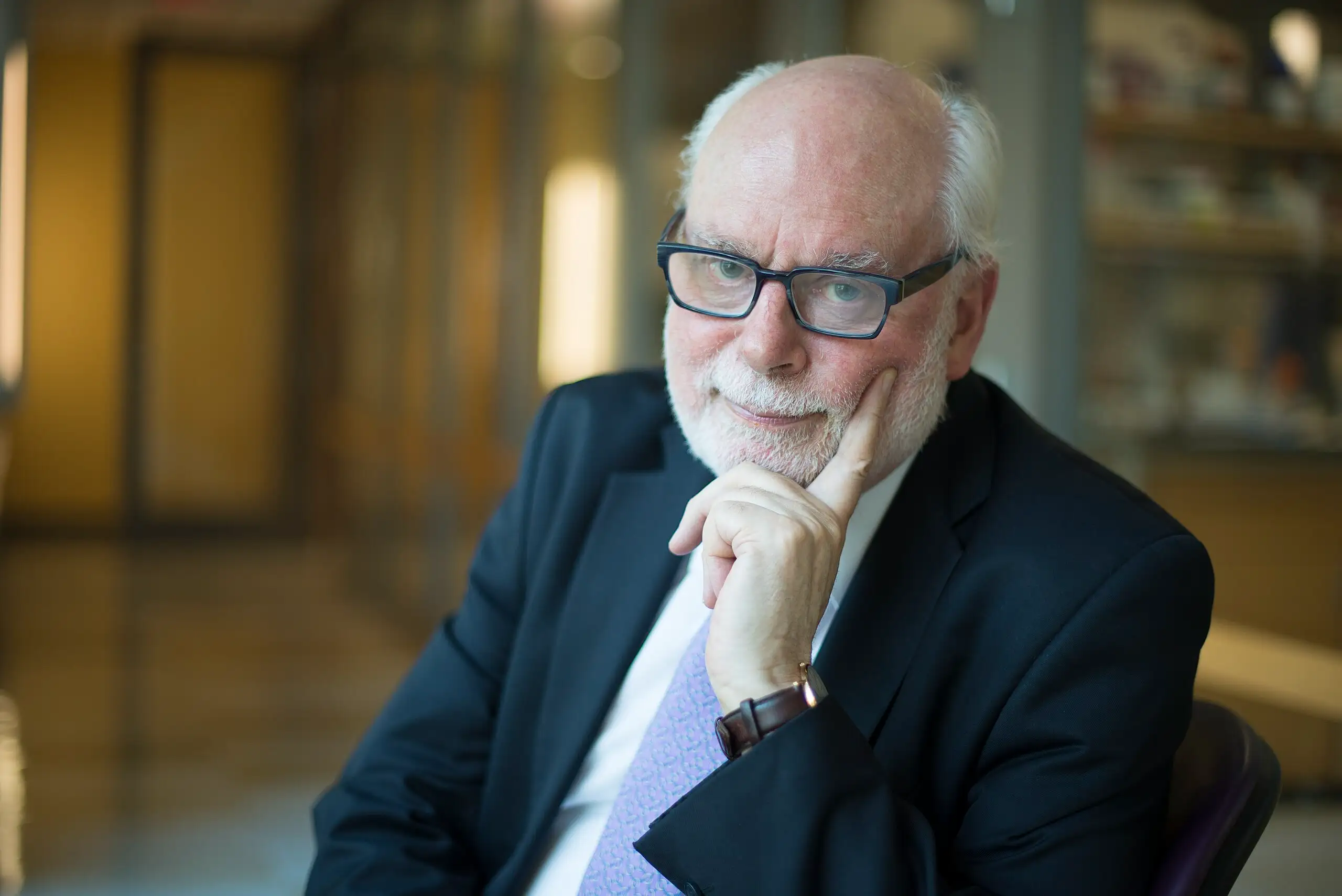Sir Fraser Stoddart, a pioneering chemist renowned for his groundbreaking work in molecular machinery, has died at the age of 82.
Key Points at a Glance
- Nobel Laureate: Awarded the Nobel Prize in Chemistry in 2016 for the design and synthesis of molecular machines.
- Academic Tenure: Held positions at the University of Sheffield, Northwestern University, and the University of Hong Kong.
- Scientific Contributions: Revolutionized the field of supramolecular chemistry, leading to advancements in nanotechnology and materials science.
Sir Fraser Stoddart, born on May 24, 1942, in Edinburgh, Scotland, was a luminary in the field of chemistry, celebrated for his innovative research in molecular nanotechnology and supramolecular chemistry. He passed away on December 30, 2024, while on holiday in Australia with his family.
Stoddart’s academic journey began at the University of Edinburgh, where he earned his Bachelor of Science, Ph.D., and D.Sc. degrees. His early research laid the foundation for a distinguished career that spanned several continents and institutions. He held professorships at the University of Sheffield and the University of Birmingham before moving to the United States, where he joined the University of California, Los Angeles (UCLA) as a professor of chemistry. In 2008, he transitioned to Northwestern University, serving as the director of the Center for the Chemistry of Integrated Systems.
In 2016, Stoddart was awarded the Nobel Prize in Chemistry, alongside Jean-Pierre Sauvage and Bernard L. Feringa, for their work on the design and synthesis of molecular machines—structures capable of controlled movements, which can perform specific tasks when energy is supplied. This groundbreaking research has paved the way for advancements in nanotechnology, with potential applications in medicine, materials science, and information technology.
Beyond his scientific achievements, Stoddart was known for his dedication to mentoring young scientists and his commitment to fostering international collaboration in research. In 2023, he joined the University of Hong Kong as a Chair Professor in the Department of Chemistry, further extending his influence in the global scientific community.
Throughout his career, Stoddart received numerous accolades, including a Royal Medal from the Royal Society of Edinburgh and the Albert Einstein World Award of Science. He was knighted in 2007 for his services to chemistry and molecular nanotechnology.
Stoddart’s passing is a significant loss to the scientific community. Colleagues and institutions worldwide have expressed their condolences, highlighting his profound impact on the field of chemistry and his role as an inspiring mentor. The University of Sheffield’s vice-president, Professor John Derrick, remarked, “Sir Fraser Stoddart’s exceptional contribution to science is a source of great pride to us here at the University of Sheffield. His groundbreaking research in supramolecular chemistry has not only advanced our understanding of the molecular world but has also inspired generations of scientists to pursue innovation and discovery.”
Sir Fraser Stoddart is survived by his two daughters, Fiona and Alison, and his wife, Norma Stoddart. His legacy will endure through the countless scientists he mentored and the groundbreaking research he conducted, which will continue to inspire and influence the field of chemistry for generations to come.
